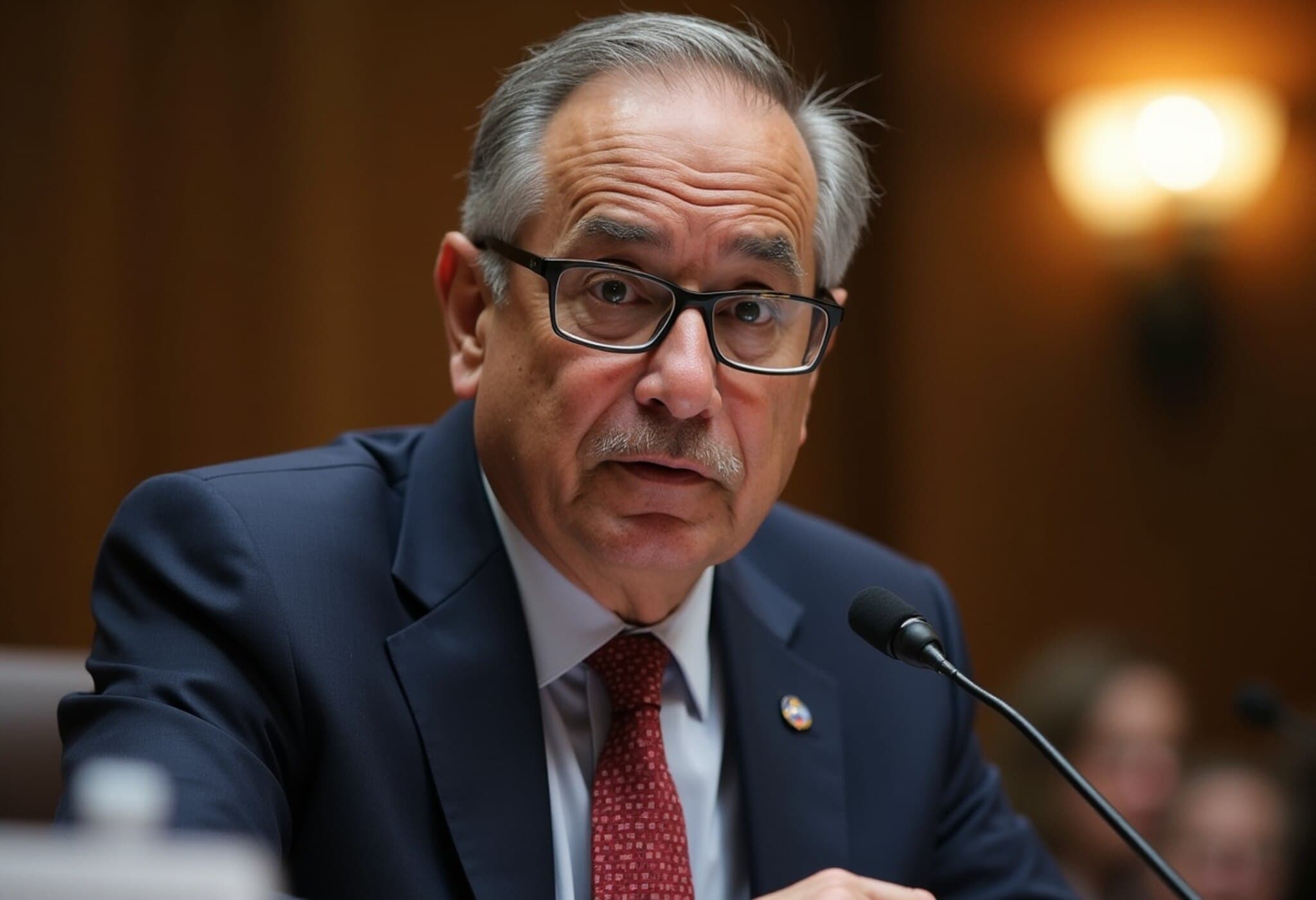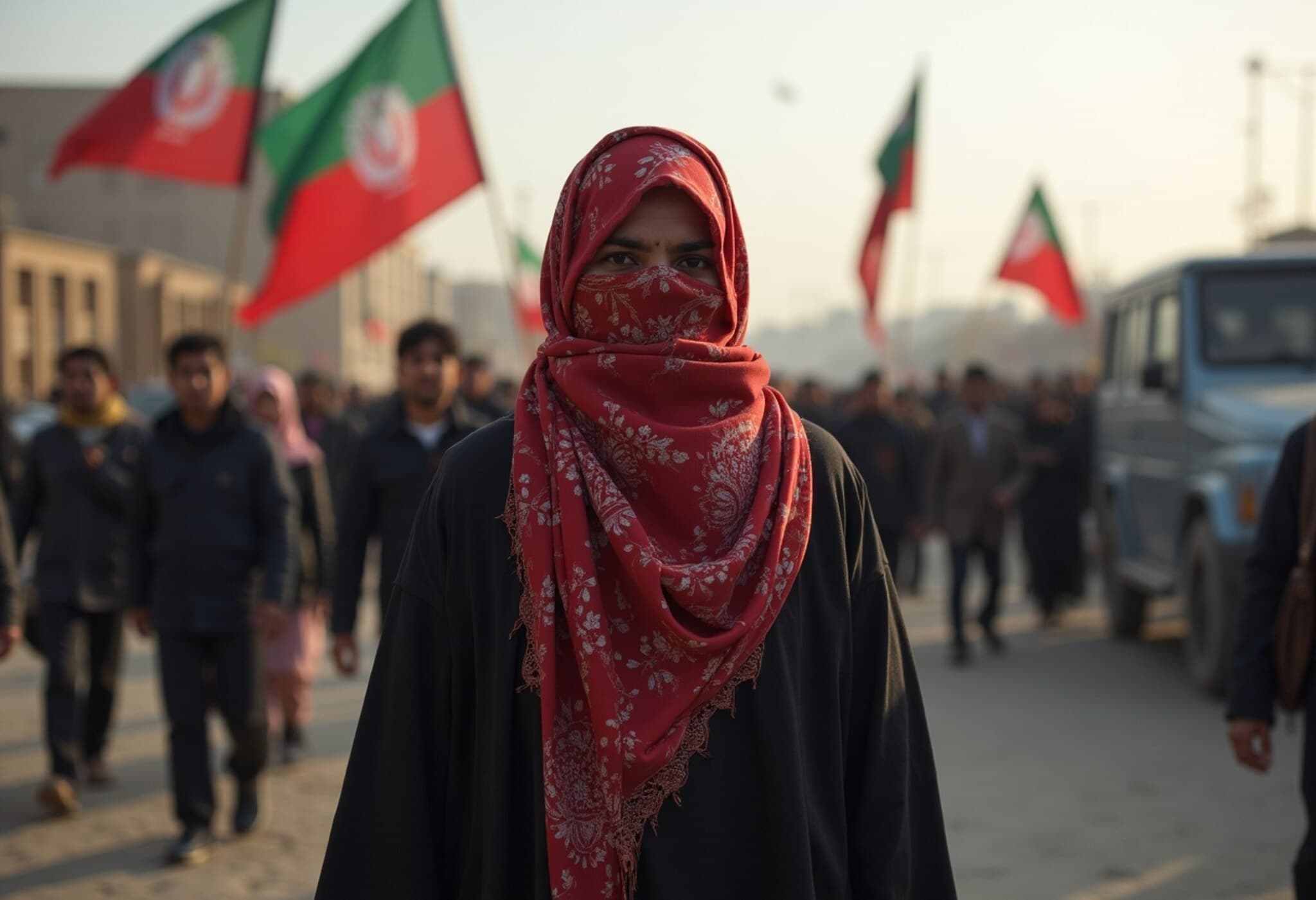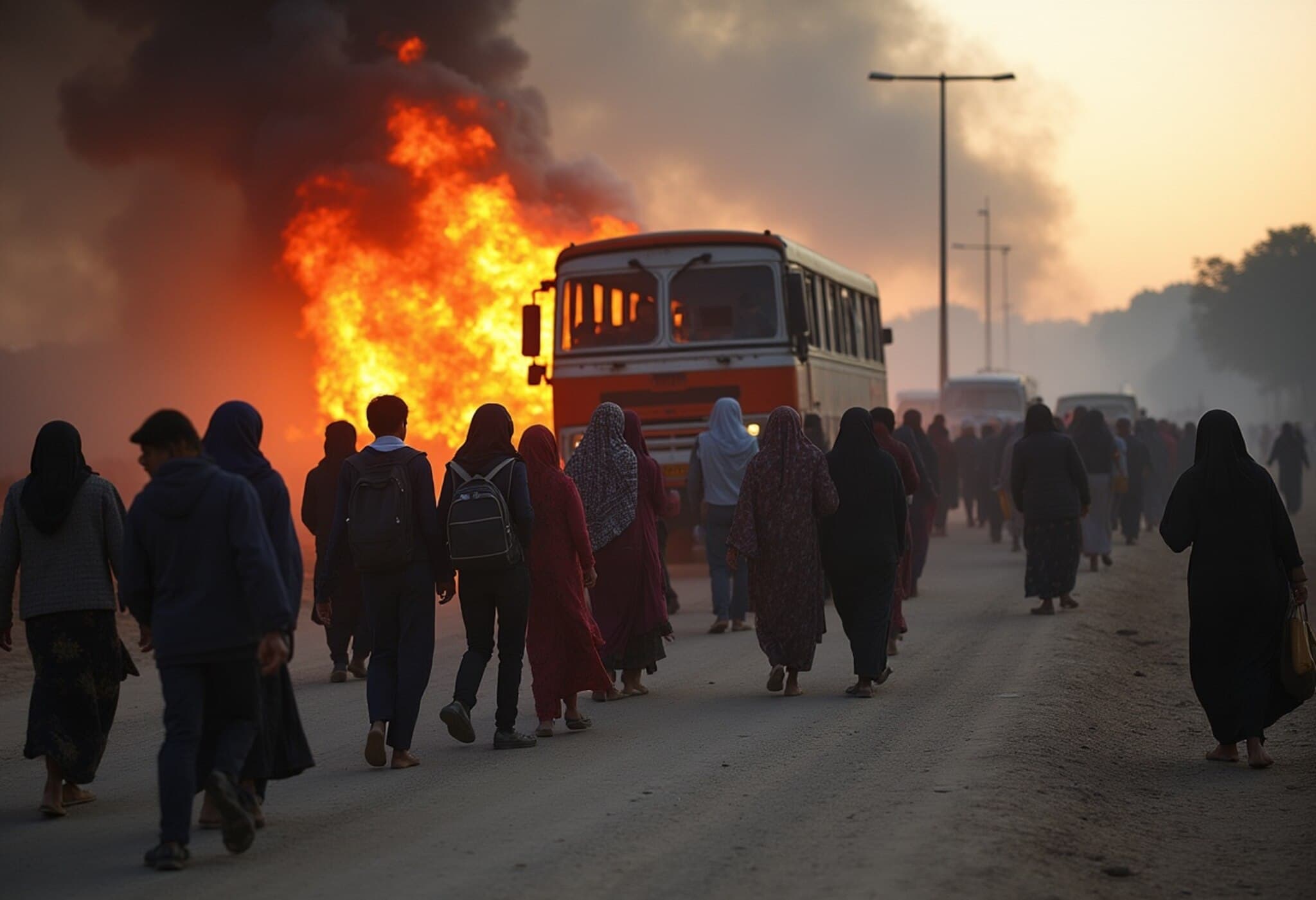US Government Faces Backlash Over Wasting Nearly 500 Tons of Emergency Food Aid
In a development raising serious questions about international humanitarian aid management, the Trump administration has directed the destruction of nearly 500 tons of emergency food supplies originally purchased during the Biden administration. Valued at approximately $793,000, this nutrient-dense emergency aid was intended to assist famine- and conflict-stricken populations in Afghanistan and Pakistan.
What Happened to the Emergency Food Supplies?
The food — primarily high-energy, fortified wheat biscuits designed to provide immediate nutrition without cooking — has been languishing in a warehouse in Dubai for several months. Sources close to the matter, speaking to Reuters, confirmed that with the biscuits nearing their expiration date, officials have chosen to incinerate or landfill the stockpile in the United Arab Emirates. This process carries an additional cost of around $100,000 in taxpayer money.
Why Was the Food Not Distributed?
Insiders and former USAID officials indicate that this waste is symptomatic of broader operational disruptions. The destruction comes amid the Trump administration’s efforts to dismantle the US Agency for International Development (USAID), an organization pivotal in tracking, distributing, and managing humanitarian aid shipments.
According to those familiar with USAID’s normal processes, the agency would routinely monitor expiration dates of stored aid. As these dates approached, they would coordinate with on-the-ground partners in recipient countries to ensure distribution before spoilage. However, critics allege that the agency’s recent restructuring and funding freezes, motivated by allegations of waste and fraud by the Trump administration itself, undermined this logistical oversight.
Broader Implications for Global Hunger Relief
The consequences extend beyond a bureaucratic failure. The UN World Food Programme (WFP) reports that some 319 million people worldwide face acute food insecurity, with 1.9 million severely affected individuals on the brink of famine — concentrated in crisis zones like Gaza and Sudan.
According to expert analysis, the destroyed biscuits could have nourished roughly 27,000 vulnerable individuals for an entire month. This stark juxtaposition between food waste and global hunger has ignited ethical and policy debates within US foreign aid circles.
Official Responses and Accountability Questions
The US Department of State, now overseeing foreign aid distribution, confirmed the expiration and subsequent destruction of the stockpile in response to inquiries but framed the purchases as precautionary contingencies beyond anticipated needs under the previous Biden administration. Yet, this narrative raises critical oversight questions:
- Could better inter-agency coordination have prevented the waste?
- What safeguards exist to avoid similar situations in future aid deliveries?
- How does politicizing aid agencies affect humanitarian outcomes?
Humanitarian aid experts warn that fluctuating political priorities and funding uncertainties risk undermining the credibility and efficiency of international relief efforts, ultimately harming the very populations they aim to serve.
Context and Analysis: Why This Matters
From a policy standpoint, this episode underscores the fragility of foreign aid mechanisms in the face of administrative change and political turbulence. USAID has historically been central to US global humanitarian strategies, providing a vital bridge between American resources and worldwide crises.
Disruptions to USAID’s operations not only hinder timely relief but expose taxpayers to the financial inefficiencies and reputational damage of wasted aid. With global hunger rising amid wars, climate change, and pandemics, efficient aid delivery is more crucial than ever.
Lessons for Future Aid Administration
- Continuous Monitoring: Aid stock expiration must be tracked meticulously through digital inventories and real-time reporting channels.
- Inter-agency Collaboration: USAID, State Department, and on-ground partners should maintain synchronized plans to redirect expiring aid promptly.
- Depoliticizing Aid: Humanitarian relief requires insulation from partisan politics to preserve operational integrity.
- Transparency: Regular public disclosures on aid allocations and wastage can build trust among stakeholders and beneficiaries.
Editor’s Note: Reflecting on Aid Efficiency and Responsibility
The destruction of nearly half a million dollars in emergency food aid is a somber reminder that even well-intentioned international assistance can falter due to administrative and political failures. As millions worldwide face hunger crises, the imperative to optimize aid delivery has never been clearer.
Moving forward, American policymakers and humanitarian agencies must tackle difficult questions about the stewardship of resources and the human impact of bureaucratic inertia. This story encourages readers and decision-makers alike to weigh the consequences when political agendas undermine humanitarian imperatives.



















